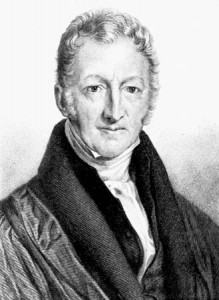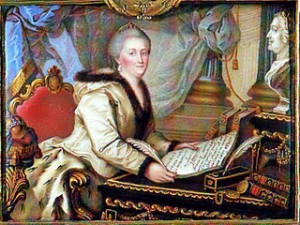The Marquis de Condorcet and John Stuart Mill were philosophers concerned with the idea of liberty and governments. Condorcet was a Frenchman writing during the time of the French revolution, undoubtedly inspired by the values of the revolution and the Enlightenment, putting reason above all else and valuing the progression of nations towards equality. He advocated for liberties that resembled the U.S. Bill of Rights, that is freedom of speech and press, abolition of torture, a simpler civil code and ensuring the security of innocent people. ((Condorcet, Sketch for a Historical Picture of the Progress of the Human Mind, 1795. http://www.historyguide.org/intellect/sketch.html)) Mill focused his writing on the struggle between liberty and authority and how this progression had changed government forms over time, as well as his views on individual liberties. He thought that human’s needed to have liberty of individual thought, liberty of one’s tastes and pursuits and the liberty to unite with others for a purpose that does not harm other people. ((John Stuart Mill, On Liberty, 1869. http://legacy.fordham.edu/halsall/mod/JSMILL-LIB.asp))
Condorcet and Mill have similar views on what liberties individuals are entitled to, mainly focusing on freedom of individual thought and opinion, as well as the fact that they were both known to be advocates for women’s rights, which was unique for men of their time. In 1795, when Condorcet was writing, women and many men did not have access to many of the liberties he discussed and this had not changed substantially in 1869 when Mill was writing in England. Mill was addressing the lack of these issues over seventy years later, implying that most individuals still did not have access to them.
There is still a lot of talk today about inequalities between men and women, with the obvious example being that women make 79 cents for every dollar made by a man. Women have made great strides in equality since Condorcet and Mill were writing but there is still a ways to go. Condorcet says at the beginning of his writing that the “perfectibility of man in indefinite”, do you think we will ever achieve full equality between men and women? ((Condorcet, Sketch for a Historical Picture of the Progress of the Human Mind, 1795. http://www.historyguide.org/intellect/sketch.html)) Or between all members of society?



